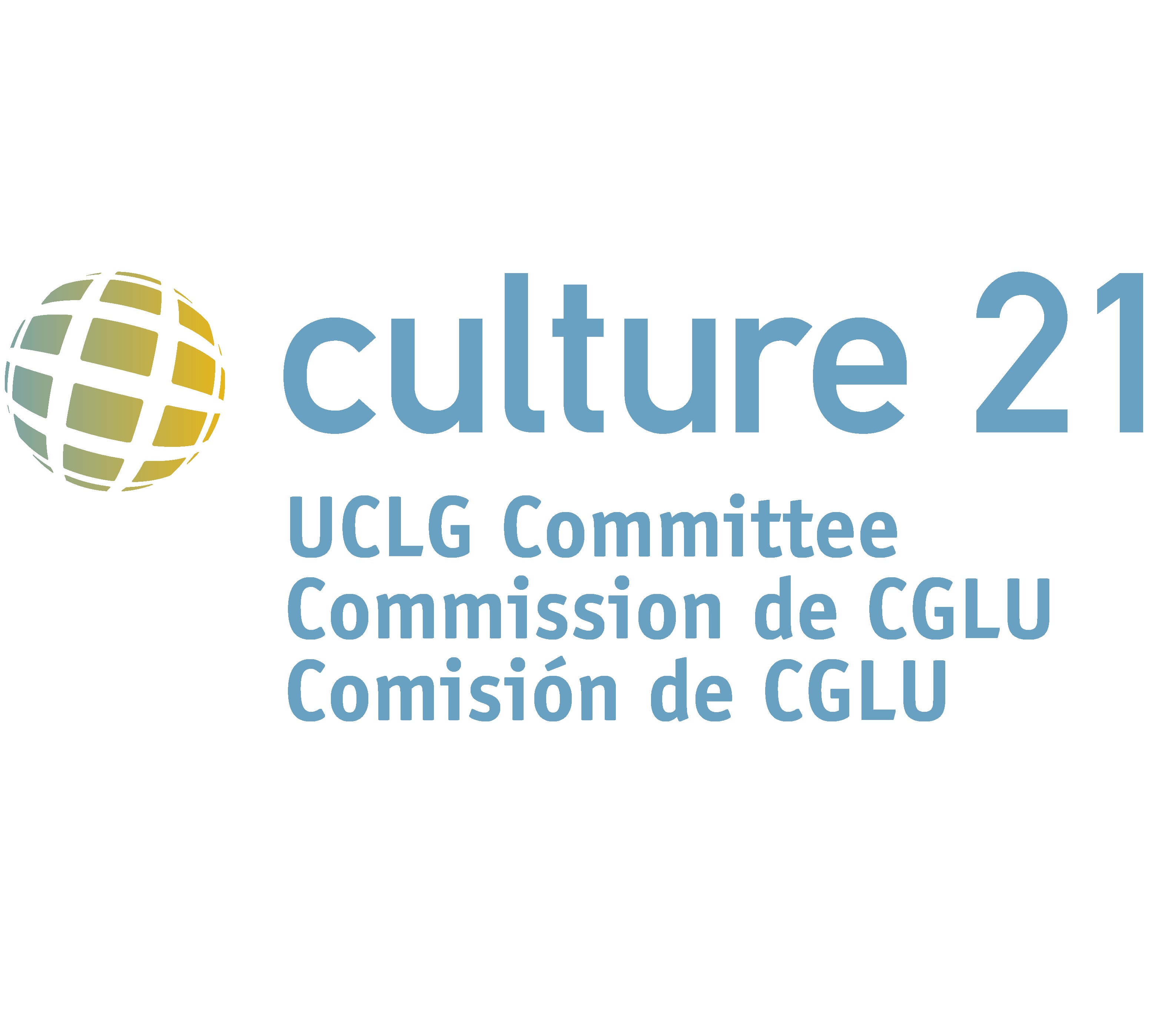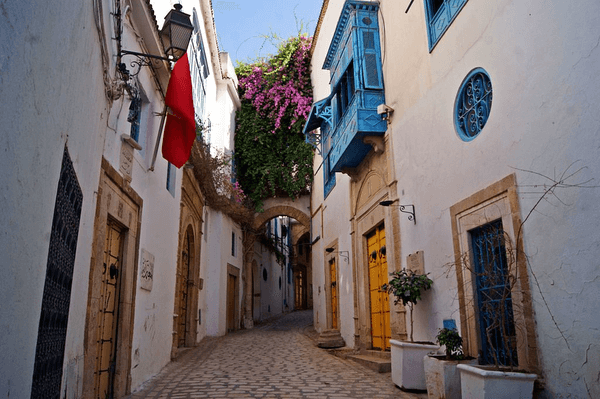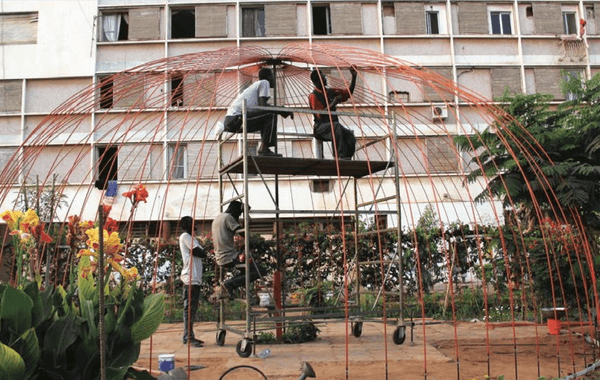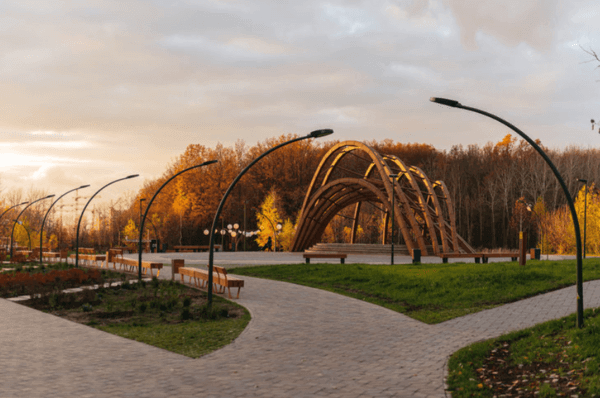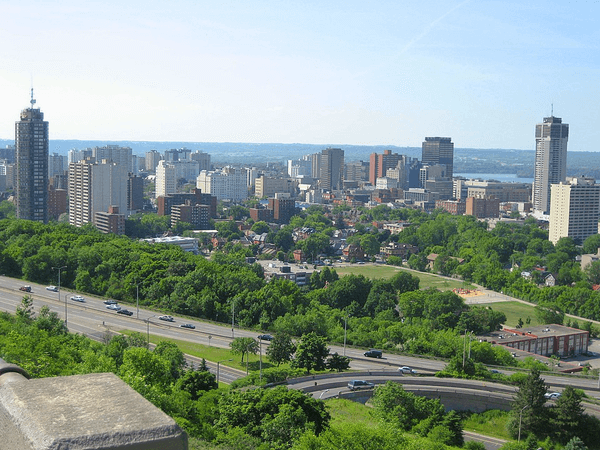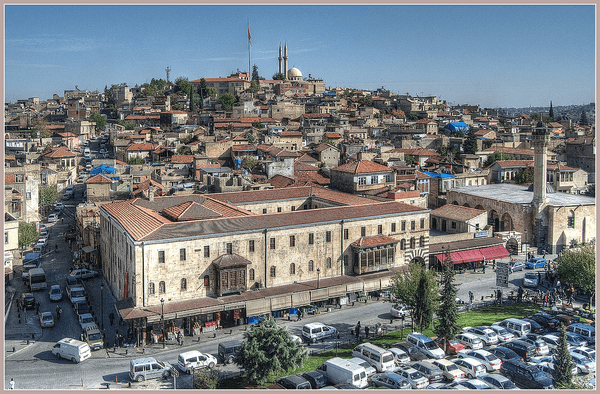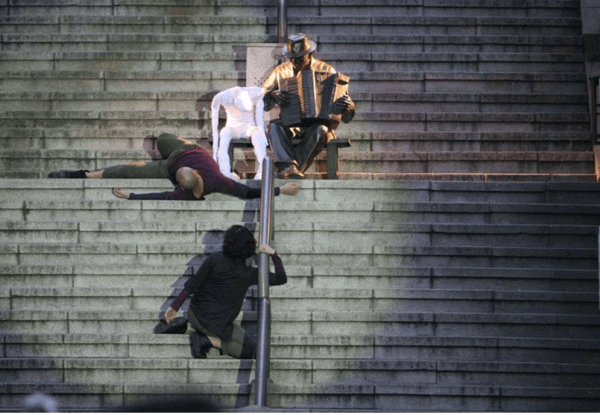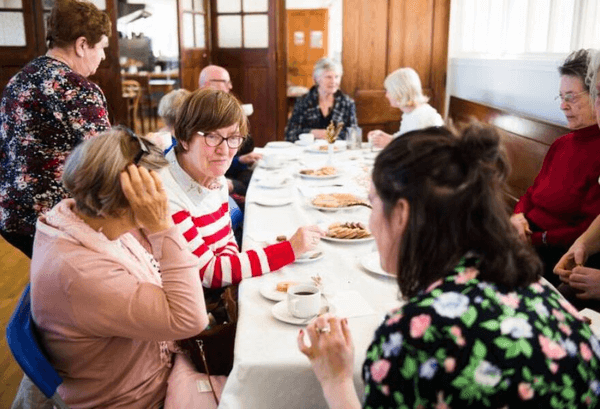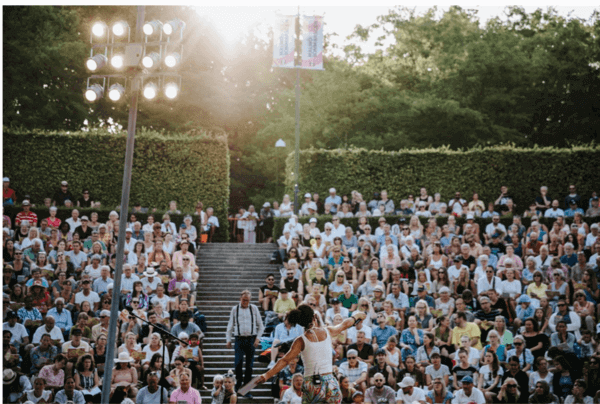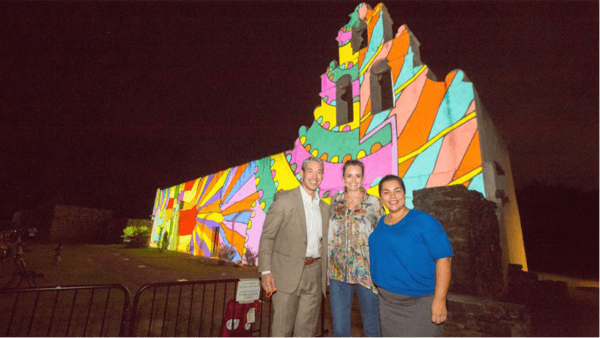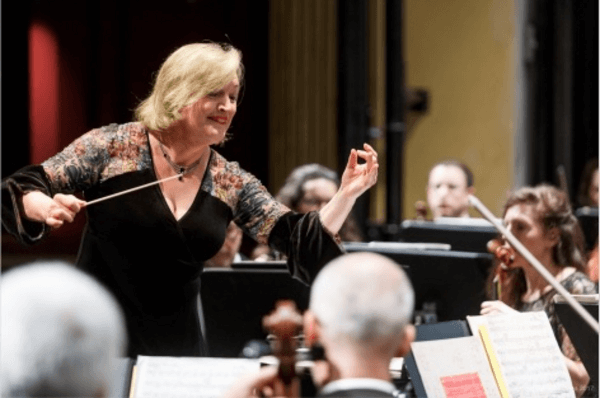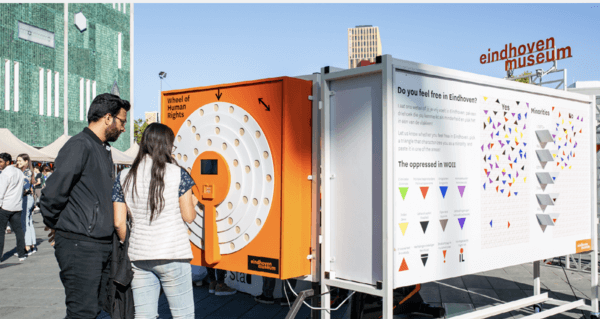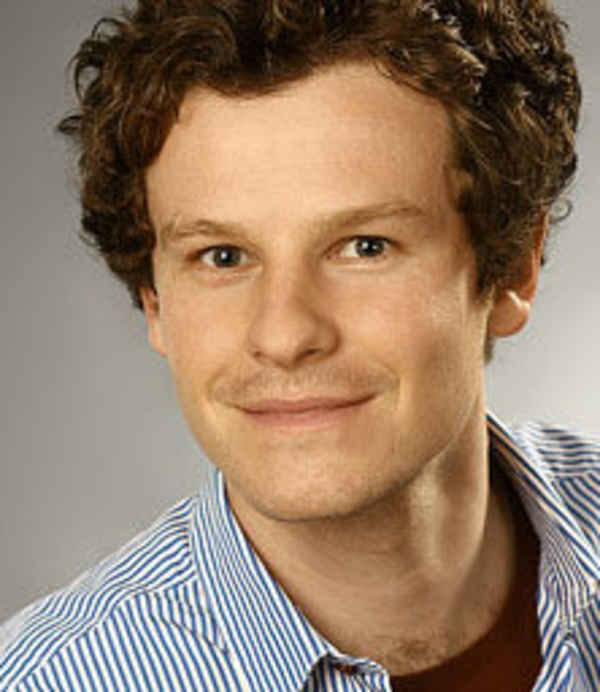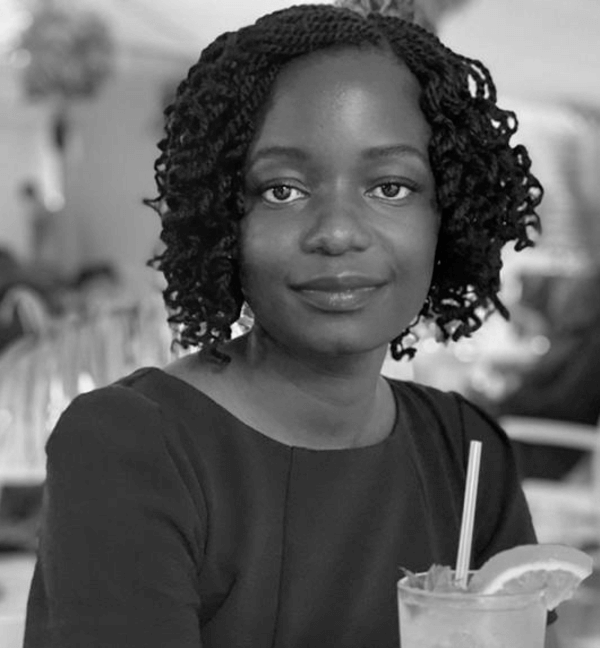The Agenda 21 for culture is the first worldwide document establishing an undertaking by cities and local governments for cultural development. Around 900 cities, local governments and organisations from all over the world were linked to the Agenda 21 for culture on 1st January 2020.
United Cities and Local Governments – UCLG adopted the Agenda 21 for culture as its reference document in October 2004 (Executive Bureau of Sao Paulo), constituted its Working Group on Culture in June 2005 (World Council of Beijing) which was succeeded by the Committee on Culture in October 2007 (World Congress of Jeju) and ratified in November 2010 (World Congress of Mexico), upgrading the consideration of culture within the World organisation. The mission of the Committee is “To promote culture as the fourth pillar of sustainable development through the international dissemination and the local implementation of Agenda 21 for culture”.
The Committee on Culture of UCLG is a unique meeting point. There is no other structure at the global level that gathers cities, organizations and networks that foster the relation between local cultural policies and sustainable development.
The Committee is the global leader of “Culture in Sustainable Cities”. Our narrative is based on human rights, good governance, people-centered development and the co-creation of the city.
The Committee on Culture is co-chaired by Buenos Aires, Lisbon and Mexico City, and vice-chaired by Barcelona, Bilbao, Bogotá, Jeju, Porto Alegre and Rome. These cities are the “Board” or governance team of the Committee.
The Committee on Culture has a Secretariat located at the premises of UCLG World Secretariat in Barcelona.
